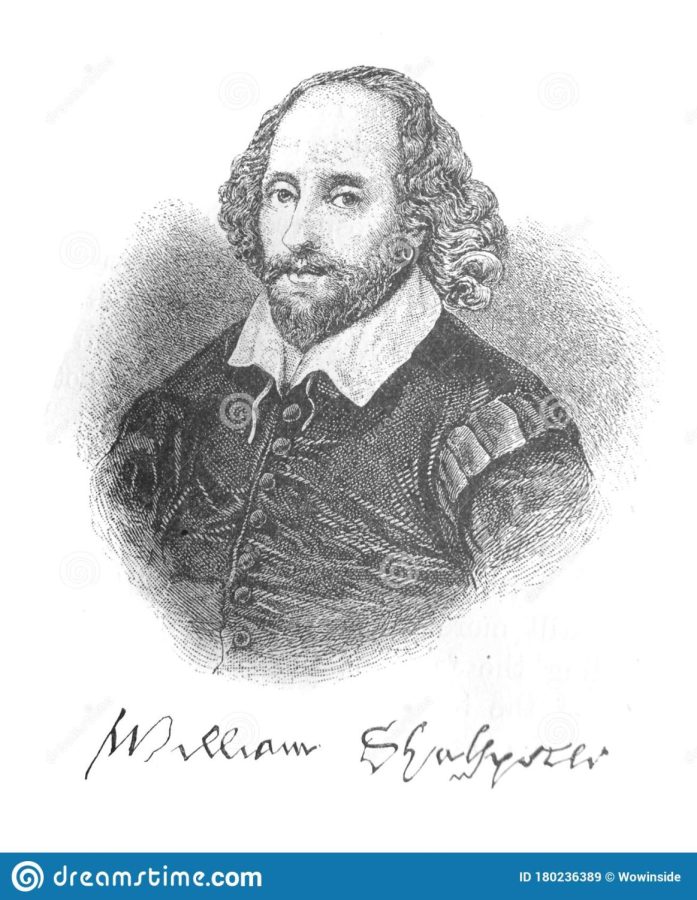William Shakespeare And His Impact On Literature
William Shakespeare was a poet and playwright considered the greatest writer of all time. Born in Stratford-upon-Avon, England on April 23, 1564, Shakespeare developed a liking towards literature at an early age. He married Anne Hathaway and had three children. Then he moved alone to London to pursue playwright.
Although much of Shakespeare’s life is quite unknown, we do know that several of his plays were on the London stage by 1592. By that time, Shakespeare was well known and had been mocked by other playwrights, like Robert Greene. From 1594 and on, Shakespeare’s plays were only performed by his company, the Lord Chamberlain’s Men, whose name got changed to the King’s Men in 1603 given the rise of King James I.
Some of Shakespeare’s more famous and well-known plays include Macbeth, Romeo and Juliet, King Lear, Julius Caesar, Hamlet, and Othello. These plays all have a bit in common with one another, such as the theme of tragedy, love, betrayal, etc. Perhaps, one reason why Shakespeare is so popular is that sometimes we can relate to the characters in his plays. And if reading the novels aren’t appealing enough, Broadway has their own adaptations of Shakespeare plays!
Finally getting to the point, Shakespeare’s impact on literature. First and foremost, Shakespeare created and added more than 1700 words into the English language such as dwindle, grovel, mimic, etc. I’m sure that most people know of these words here. He created compound words, adjectives, and adverbs from verbs. He contributed significantly to the standardization of grammar, spelling, and vocabulary. If it makes sense, Shakespeare sort of paints with words. It’s as if he’s painting a story with his words, it is so special! And that concludes Shakespeare’s impact on modern English literature.












